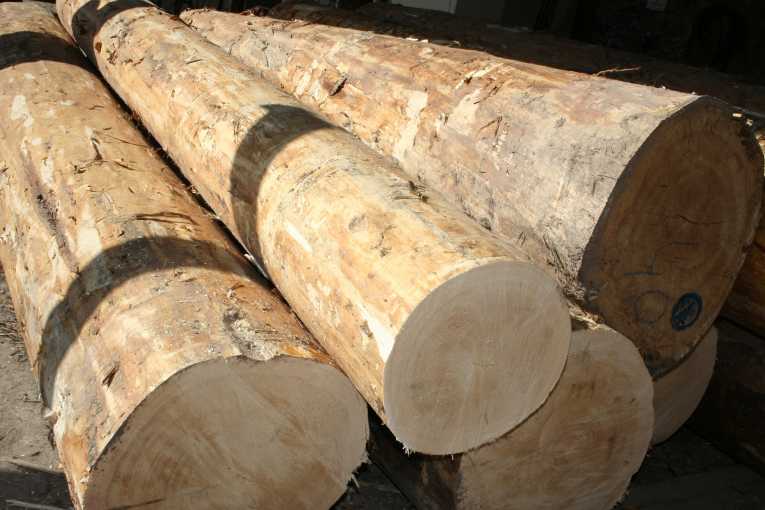CSI-style genetic fingerprinting could be used to catch ecological criminals say Australian academics who want to use the techniques to put a stop to illegal logging in rainforests.
A team from the University of Adelaide, who have published their results in the new issue of the journal of the International Association of Wood Anatomists, say genetic fingerprinting can catch out traders who prey on protected environments.
Professor Andrew Lowe and Dr Hugh Cross are working with a Singapore company Double Helix Tracking Technologies (DoubleHelix) to find a way to use genetic techniques in the fight to protect rainforests.
"Molecular marker methods have been applied to freshly cut wood for a number of years, and it's now also possible to extract and use genetic material from wood products and old samples of wood," Professor Lowe said.
"We can use 'DNA bar-coding' to identify species, 'DNA fingerprinting' to identify and track individual logs or wood products, and we can also verify the region the wood was sourced from."
"The advancement of genetics technologies means that large-scale screening of wood DNA can be done cheaply, routinely, quickly and with a statistical certainty that can be used in a court of law. Importantly, these methods can be applied at a customs entry point to the country - certification documents can be falsified, but DNA cannot."
DNA fingerprinting has been used in Australia since 2007 to prove that timber is legally sourced and the practice has spread to Europe and the United States of America. Even so, around 10% of the wood imported into Australia is illegal.
Jonathan Geach, a Director of DoubleHelix, says: "As the technology is now proven scientifically and commercially, we're looking at a large-scale application in the Congo Basin, as well as working with governments in Europe and America to tighten the grip on illegal timber trade."
The team are also involved in a project to find the DNA barcode for all of the planet's trees and grasses.
Professor Lowe said: "The Barcode of Life projects will take five years to complete, but the information will lead to a step change in the way we can manage our species and ecosystems right across the globe."
Top Image Credit: © Kybele










